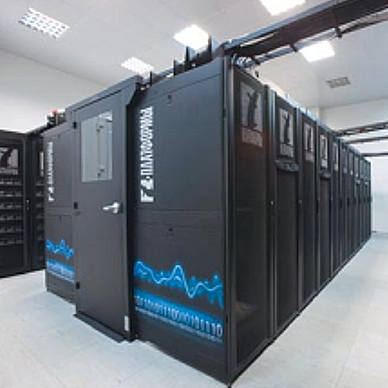![By WestportWiki (Own work) [CC-BY-SA-3.0 (http://creativecommons.org/licenses/by-sa/3.0)], via Wikimedia Commons http://commons.wikimedia.org/wiki/File%3ARalph_Lauren_Store%2C_NYC.jpg](https://www.exportlawblog.com/images/Ralph_Lauren_Store,_NYC.jpg)
The U.S. Justice Department announced yesterday that Ralph Lauren Corporation agreed to pay $882,000 to resolve alleged FCPA violations. According to a Justice Department press release, the allegations involved Ralph Lauren trying to secure “improper customs clearance of merchandise” from Argentine government officials, including “clearance of items without the necessary paperwork … [and] of prohibited items” or “avoid[ing] inspection entirely.” The Justice Department alleged that Ralph Lauren employees made bribes through a customs clearance agency using “fake invoices” to justify the payments.
In addition, the U.S. Securities and Exchange Commission announced that, in parallel proceedings, Ralph Lauren agreed to pay $734,846 in disgorgement and prejudgment interest for other related alleged FCPA violations that took place between 2005 and 2009. The SEC also announced that its non-prosecution agreement with Ralph Lauren was the SEC’s first involving “FCPA misconduct.”
While the SEC first is noteworthy, a special spotlight should be shown on Argentina.
Since early last year, the Argentine government has enforced a trade policy World Trade Organization member countries have described to the WTO as a “de facto import restricting scheme” because Argentine law requires non-automatic, government pre-approval on all imports. WTO members have alleged that companies have experienced long delays in getting approval and that some companies report receiving calls from Argentine government officials telling them that they must undertake “trade balancing commitments prior to receiving authorization to import goods.” This “trade balancing” is part of Argentina’s informal adoption of a policy that requires companies seeking to import products to export “dollar for dollar” goods from Argentina or “establish production facilities in Argentina.”
As described to the WTO, the current situation in Argentina sounds ripe for situations like the one involving Ralph Lauren and other U.S. exporters to happen again. Notwithstanding the FCPA’s exception for facilitating payments, situations where foreign government officials require some form of quid pro quo for goods coming into a country need to be examined carefully to determine whether further interactions with the official may implicate applicable anti-corruption laws.  Obviously, if the quid pro quo goes to the government and not the government official, there is not an FCPA issue.  But where the requested quid pro quo is supposed to go to the government official personally, then no matter how tempting is this offer to relieve the U.S. exporter of Argentinian import burdens, the best response may be to leave the dance floor.

 Posted by
Posted by  Category:
Category: 


 Some tech writers have just discovered the Bureau of Industry and Securities’
Some tech writers have just discovered the Bureau of Industry and Securities’  OFAC announced on Friday a
OFAC announced on Friday a 

